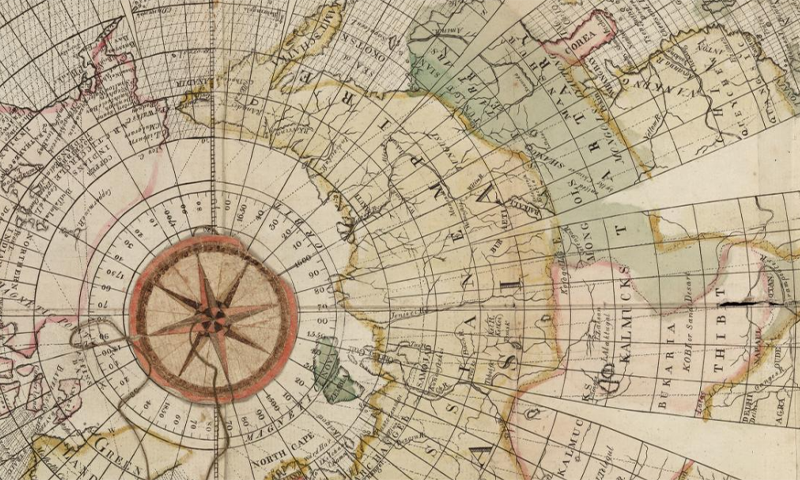Now Reading: How Certain Fish Species Develop Memory Loss
-
01
How Certain Fish Species Develop Memory Loss
How Certain Fish Species Develop Memory Loss

Quick Summary
- The world’s largest herring population historically migrated up to 800 miles from northern Norway to southern spawning grounds, where warmer waters supported faster larval growth and rich zooplankton.
- Starting in 2021, herring migration stopped halfway at Northern Norway’s Lofoten region.
- Scientists are concerned this shift could reduce survival rates for larvae due to colder conditions and disrupt ecosystems relying on the larvae as food, especially bird colonies.
- research led by Aril Slotte found that fishing practices targeting older herring substantially disrupted collective memory of migration routes. Younger fish no longer follow old fish southward as leaders, breaking conventional patterns.
- Losses of older individuals affect population health: elder animals serve critical roles in breeding and transmitting survival knowledge across species (e.g., elephants or killer whales).
- Conservation strategies are suggested to preserve older individuals within populations-often ignored in broader conservation goals-to maintain ecological stability.
Link for more details: Read More
Indian opinion Analysis
The findings on Norway’s herring populations spotlight the broader issue of selective harvesting practices that disproportionately target older individuals-a trend observed globally across animal species. For India, insights from this study could emphasize sustainable fishing policies along it’s vast maritime regions like the Bay of Bengal and Arabian Sea. Fisheries targeting economically valuable larger fish may unintentionally undermine ecosystem stability by disrupting intergenerational knowledge transfer among migratory species.
India is already facing challenges with marine biodiversity loss due to overfishing, coastal degradation, and climate change impacts. Implementing regulations that protect specific age groups within fish populations-as recommended in global studies-could strengthen local ecosystems supporting millions dependent on marine livelihoods. Long-term management plans might need a focus not just on total catch quotas but also protecting “elder” contributors essential for ecological continuity.
This study serves as a clarion call for prioritizing ecological balance over short-term economic gains-a principle increasingly critical amid escalating environmental pressures worldwide.
Link for more details: Read More























